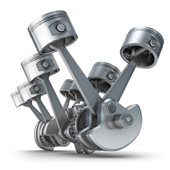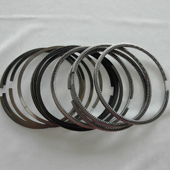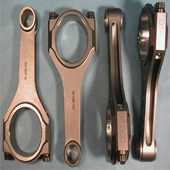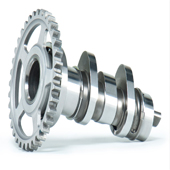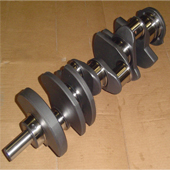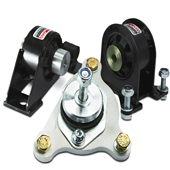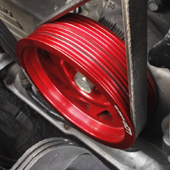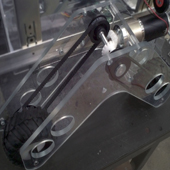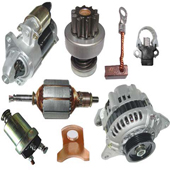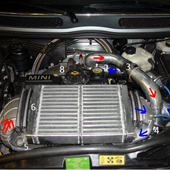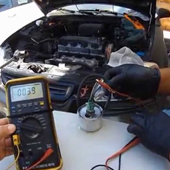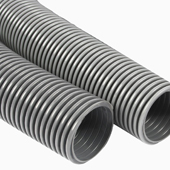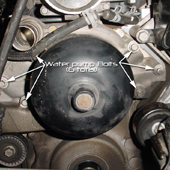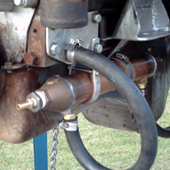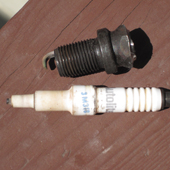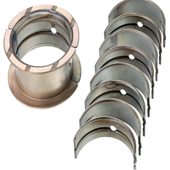Connecting Rods
In a reciprocating piston engine, the connecting rod or conrod connects the piston to the crank or crankshaft. Together with the crank, they form a simple mechanism that converts reciprocating motion into rotating motion.
Connecting rods may also convert rotating motion into reciprocating motion. Historically, before the development of engines, they were first used in this way.
As a connecting rod is rigid, it may transmit either a push or a pull and so the rod may rotate the crank through both halves of a revolution, i.e. piston pushing and piston pulling. Earlier mechanisms, such as chains, could only pull. In a few two-stroke engines, the connecting rod is only required to push.
Today, connecting rods are best known through their use in internal combustion piston engines, such as automotive engines. These are of a distinctly different design from earlier forms of connecting rods, used in steam engines and steam locomotives.


